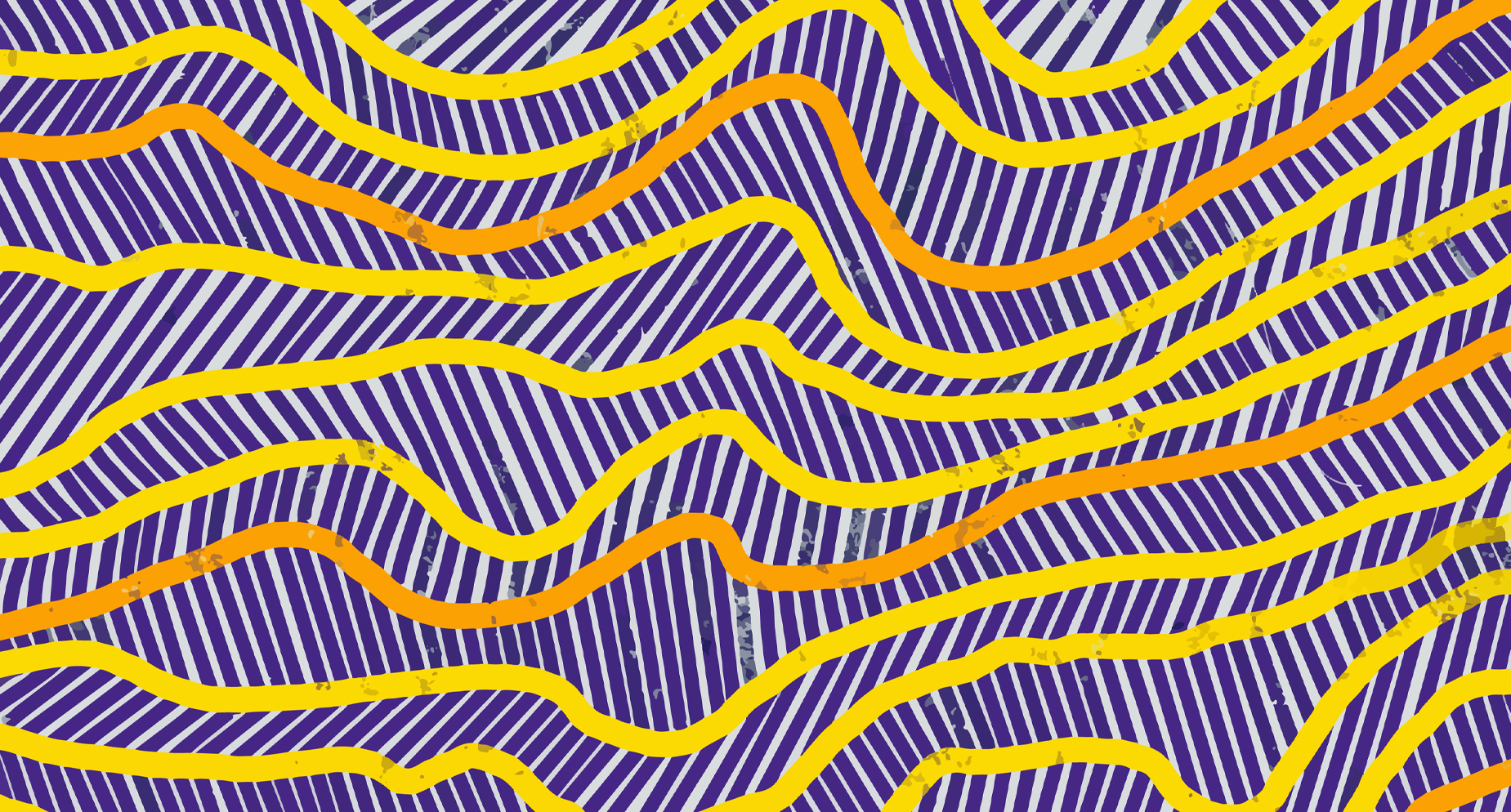According to Gemma Pol, Wiradjuri, Ngemba and Paakantji woman and Communications Manager at First Nations not-for-profit Common Ground, First Nations trading routes have existed on this continent since time immemorial. When Europe and Asia had the Silk Road and Spice Trade, Aboriginal and Torres Strait Islander peoples had sacred pathways and songlines. These songlines guided ancient trade and were the blueprint of this continent’s first economy. Its first business sector.
“Colonisation has seen us mostly excluded from the mainstream economy for the past two centuries”, says Gemma. “Today, First Nations people are reclaiming our space in business. We’re using business as a vehicle for self-determination, and we’re using social enterprise to tackle this generation’s biggest social and environmental crises.
“First Nations people have an intuitive desire to care for Mob, first. It’s because of this innate collectivism that a lot of Blak businesses, even when they don’t self-identify as a social enterprise, have a social agenda. Whether it be creating opportunities for our most vulnerable community members, maintaining and celebrating our diverse cultures, or caring for the environment and land, Blak businesses are emerging as leaders for sustainable change.”
The Aboriginal Carbon Foundation, winner of the 2022 Indigenous Ingenuity Award at the Indigenous Business Month Awards, is one such business. The AbCF supports carbon farming projects led by Indigenous rangers by connecting Aboriginal communities who supply carbon credits with organisations seeking to offset their carbon emissions. Co-founded in 2010 by Rowan Foley, a Wondunna man of K'gari’s (previously Fraser Island) Badtjala people, who identified a future in carbon farming and its benefits to First Nations communities.
13 years later, the AbCF is an industry leader in creating Indigenous community prosperity not just through carbon farming but through another of its innovations – a world-first Indigenous trading platform of environmental commodities. "We've developed a trading website called Catalyst Markets and cultural fire credits are the first commodity that we're trading”, says Foley. "For the first time you can invest in Traditional Owners looking after country by buying their carbon credits or buying cultural fire credits, which look after serious bushfires in Australia".
By combining traditional ways of environmental management with carbon credit investment, the AbCF is helping to provide tangible solutions for climate change problems across Australia. "Innovation and trade have been a part of our culture for a long time, we are just using modern techniques and tools to help look after country, support Traditional Owners and address climate change. It's not as though these problems don't have solutions, because they do."
According to Gemma Pol, “There are gaps in the market only we can fill, thanks to our unique lived experience, and the wisdom of our Old People pulsing through our veins. Our businesses transcend transaction. We centre relationships and long-term connection. We often think beyond the current time, about how our actions today will affect the next thousand generations.”
From carbon to creativity, and another First Nations business using their platform as a catalyst for change is the creative agency Solid Lines. Led by artist Emrhan Tjapanangka Sultan and RMIT Researcher Nicola St John, Solid Lines began with a group of young artists from Ntaria School in the Alice Springs region of the Northern Territory, taking part in a series of Nicola’s design workshops, which quickly fuelled the development of the design enterprise, Ntaria Design. Driven by students keen to work within Australia’s design and commercial art spaces but without the culturally supportive pathways to access the industry, the idea of a First Nations illustration agency was born.
“Aboriginal art is always evolving and we’re evolving as well”, says artist Coree Thorpe. “We don’t want to be pigeonholed as Aboriginal artists but be acknowledged as contemporary artists in our own right.”
Today, in partnership with creative agency, the Jacky Winter Group, Solid Lines provides the platform and protection to support a transformative shift across industry, offering First Nations creatives access to fair and respectful commercial representation.
In 2021, a first-of-its-kind research project revealed that in 2018, the gross income from Indigenous businesses was $4.88 billion, contributing more to the Australian economy than the beer industry. In 2020, that figure rose to $8.8 billion driven by more than 12,000 predominantly Aboriginal-owned businesses.
“Importantly, Blak businesses are over 100 times more likely to hire First Nations people than non-Indigenous businesses'', says Gemma Pol. “Our businesses forge pathways to economic participation and independence for our people that might not otherwise have existed. But while 12,000 Blak-owned businesses is positive, parity with the mainstream translates to 78,000 Blak-owned businesses, so we still have work to do.
“It’s no secret that capitalism and caring for Country are incompatible. Perpetual growth on a finite planet inevitably leads to climate chaos and environmental catastrophe. The entire system needs to be reimagined and redesigned, not just its features. At the same time, we are here, now. At this moment, our survival depends on our participation.”
Common Ground
commonground.org.au
Aboriginal Carbon Foundation
abcfoundation.org.au
Solid Lines
solidlines.agency
